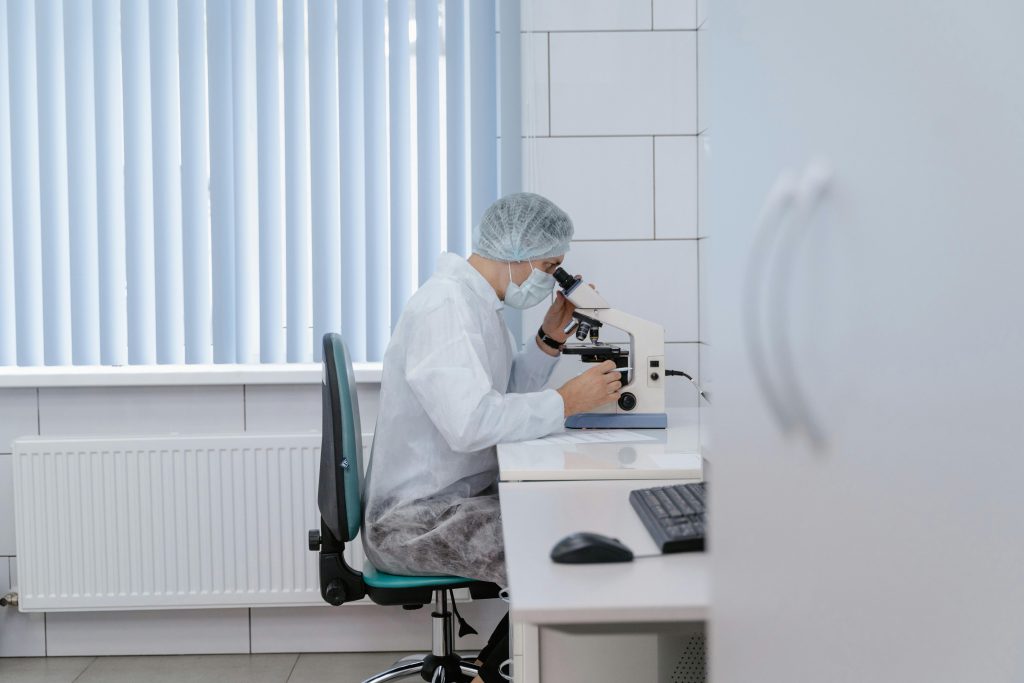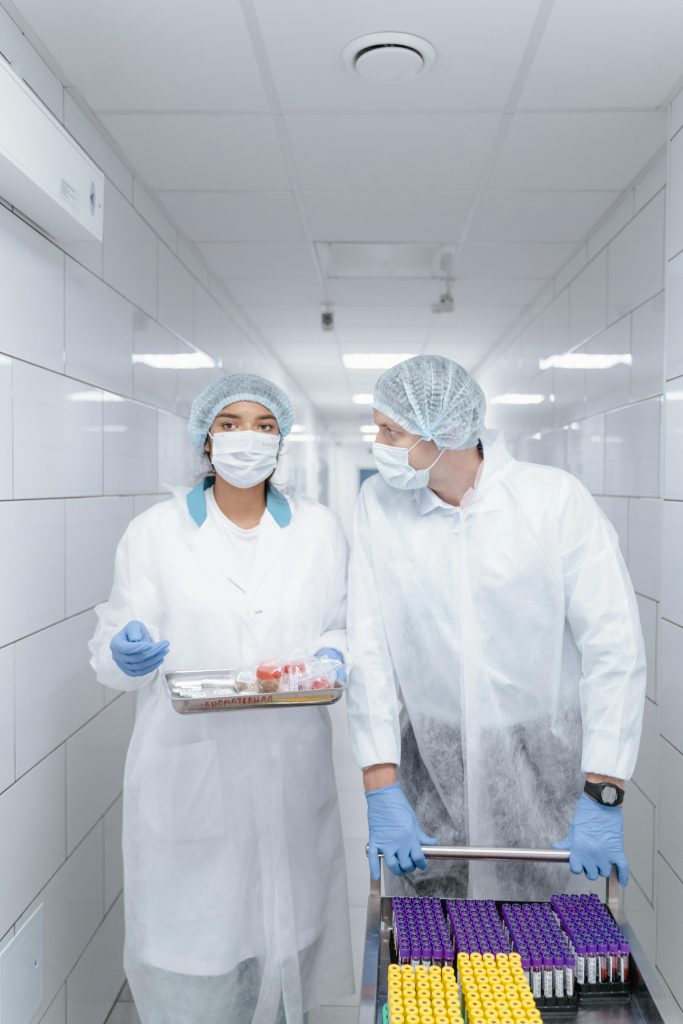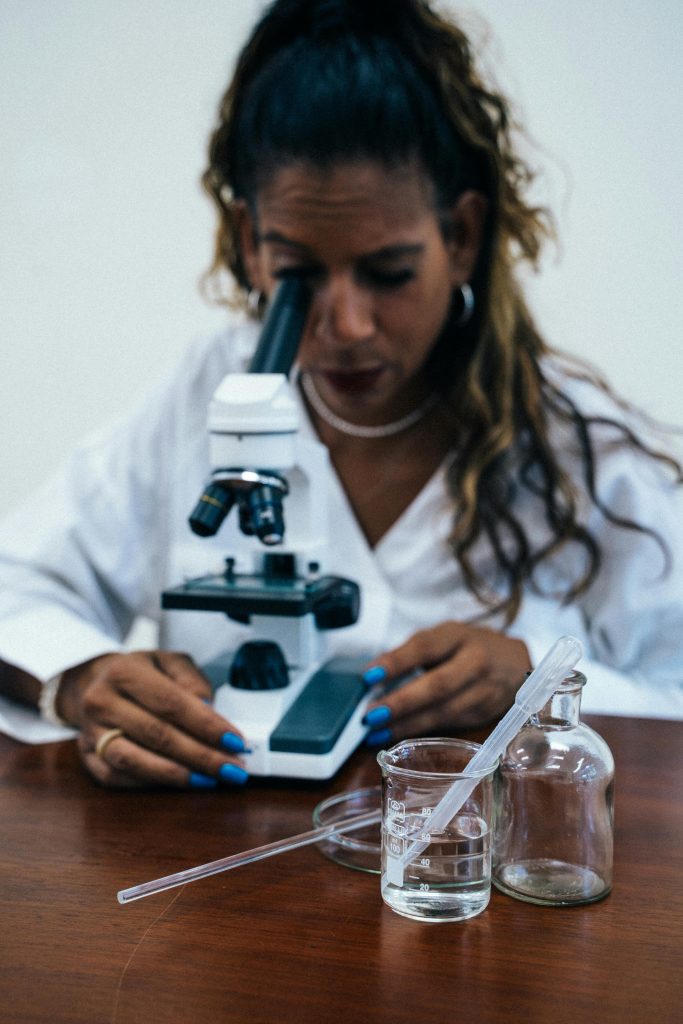Ignite Your Research Career: CIAL MSCA Postdoctoral Fellowships 2025 Now Inviting Applications!

Are you a brilliant early-career researcher with a PhD, burning to make a significant impact in the crucial fields of food science, nutrition, and health? Do you dream of conducting cutting-edge research in a highly interdisciplinary and international environment? Then get ready to seize an incredible opportunity: The Institute of Food Science Research (CIAL) in Spain is actively inviting Expressions of Interest for the prestigious 2025 Marie Skłodowska-Curie Actions (MSCA) Postdoctoral Fellowships!
This isn’t just a chance to secure funding; it’s your golden ticket to becoming part of a globally renowned institute, driving next-generation food innovations at the intersection of nutrition, microbiomics, biotechnology, and public health.
Why CIAL and the MSCA Postdoctoral Fellowship is Your Ideal Next Step:
Nestled in Madrid, Spain, and co-governed by the Higher Council of Scientific Research (CSIC) and the Autonomous University of Madrid (UAM), CIAL is a powerhouse of interdisciplinary research in food science.1 By pursuing an MSCA Postdoctoral Fellowship here, you’ll benefit from:
- A Truly Fully Funded Opportunity: The MSCA Postdoctoral Fellowships are among the most generous in Europe, covering not just your salary (including living and mobility allowances, and potentially a family allowance), but also contributing significantly to your research costs, training, and networking activities. This comprehensive funding allows you to fully immerse yourself in your research without financial strain.
- Cutting-Edge Research in Critical Areas: CIAL is a leader in food science, with three specialized departments: Food Bioactivity and Analysis, Food Biotechnology and Microbiology, and2 Production and Characterization of Novel Foods. They are inviting talented researchers to submit project ideas aligned with groundbreaking fields such as:
- Functional Foods and Bioactive Compounds
- Foodomics: Proteomics and Metabolomics
- Sustainable Food Production and Circular Bioeconomy
- Food Safety Assessment and Microbiology
- Nutrition, Microbiota, and Health Interfaces3 Whether you’re looking to crack the code of gut-brain health, redefine food safety, or revolutionize sustainable food chains – this is where your bold ideas can thrive.
- Access to4 State-of-the-Art Infrastructure: CIAL offers unparalleled access to advanced tools like metabolomics, proteomics, genomics, and microbiomics, enabling you to conduct sophisticated, integrative research.
- A Vibrant International Scientific Community: You’ll be immersed in an inspiring, interdisciplinary environment, working alongside internationally celebrated scientists, including recipients of prestigious European Research Council (ERC) grants and seasoned Horizon Europe contributors.
- World-Class Mentorship: Benefit from the guidance of experienced mentors with an impressive record of EU-funded projects, helping you develop your research skills and career prospects.
- A Stepping Stone to a European Research Career: The MSCA Postdoctoral Fellowship is renowned as a prestigious award that enhances your creative and innovative potential, often serving as a significant stepping stone towards long-term European research careers, even towards securing an ERC starting grant in the future!
Are You the Ideal Candidate? Essential MSCA Eligibility Criteria:
The MSCA Postdoctoral Fellowships are highly competitive and have specific eligibility requirements. Before sending your Expression of Interest to CIAL, ensure you meet the following general MSCA criteria (always check the official MSCA Guide for Applicants for the most precise details):
- Doctoral Degree: You must hold a PhD degree by the MSCA call deadline (which is September 10, 2025 for the main call). Applicants who have successfully defended their doctoral thesis but have not yet formally received the degree are also eligible.
- Research Experience: You must have a maximum of eight years of experience in research from the date of the award of your PhD degree. (Periods spent outside research, as well as career breaks, will not count towards this limit.)
- Mobility Rule: This is crucial! You must not have resided or carried out your main activity (work, study, etc.) in Spain (the country of the host institution, CIAL) for more than 12 months in the 36 months immediately before the MSCA call deadline (September 10, 2025).
- Nationality: Researchers of any nationality can apply for European Postdoctoral Fellowships (which CIAL is inviting expressions for).
How to Signal Your Interest and Get Ahead!
The CIAL MSCA Postdoctoral Fellowships 2025 are currently inviting Expressions of Interest (EoI). This is your chance to connect with a potential host group and begin shaping your full proposal for the main MSCA call later in the year.
To express your interest, send the following documents to internacional.CIAL@cial.uam-csic.es by June 30, 2025:

- Motivation Letter: Clearly articulate your research interests and why you are keen to pursue your fellowship at CIAL.
- Curriculum Vitae (CV): A comprehensive CV highlighting your academic background, research experience, publications, and any awards.
- A brief description of the proposed research idea (maximum 1 page): This should be a compelling summary of your potential project, aligning with CIAL’s thematic areas.
- Name of the potential host group or senior researcher who could support the application: It is highly recommended to identify and potentially reach out to a specific research group or senior scientist at CIAL whose work aligns with your proposed project before submitting your EoI. This shows initiative and a clear research fit.
Don’t wait! This is an unparalleled opportunity to advance your scientific career in a thriving European research landscape. Prepare your Expression of Interest and take the first step towards a fully funded, impactful postdoctoral experience at CIAL!
What groundbreaking research idea in food science and health do you envision pursuing with this fellowship? Share your aspirations in the comments below!
Beyond the Bench: The Habits of Highly Effective Researchers

So, you’re embarking on a journey into the exciting, challenging, and often unpredictable world of research. Whether you’re a budding PhD student, a postdoctoral fellow, or a seasoned academic, the quest to be a “good researcher” is a continuous one. It’s not just about intelligence or lab skills; it’s about developing a mindset, adopting effective habits, and cultivating specific traits that lead to impactful discoveries and meaningful contributions.
Forget the stereotype of the lone genius toiling away in isolation. Being a good researcher is a dynamic blend of intellectual rigor, practical skills, and interpersonal finesse. Here’s a deeper dive into what it truly takes:
1. Cultivate Unquenchable Curiosity & Intellectual Humility:
- Ask “Why?” Constantly: The best researchers are perpetually curious. They question assumptions, look for anomalies, and are driven by a genuine desire to understand the world around them at a deeper level.
- Embrace the Unknown: Be comfortable with not knowing the answer. The research journey is about exploring the uncharted, not just confirming what’s already known.
- Be Open to Being Wrong: Your hypothesis is a starting point, not a sacred truth. A good researcher welcomes contradictory evidence, learns from failures, and is willing to pivot their ideas. Intellectual humility is key to genuine discovery.
2. Master the Art of Critical Thinking & Problem Solving:
- Analyze, Don’t Just Absorb: Don’t take information at face value. Critically evaluate sources, identify biases, and assess the robustness of arguments and data.
- Break Down Complex Problems: Grand research questions can be overwhelming. Learn to break them into smaller, manageable, and answerable sub-questions.
- Develop Methodological Rigor: Understand the strengths and limitations of different research methods. Design experiments and studies that are robust, reproducible, and address your research questions effectively.
- Think Creatively for Solutions: When faced with roadblocks, think outside the box. Innovation often comes from unconventional approaches.
3. Develop Impeccable Organizational & Time Management Skills:
- Plan Meticulously, Execute Systematically: Research requires detailed planning – from experimental design to literature review schedules. Create clear timelines, set realistic goals, and track your progress.
- Document Everything: Keep meticulous records of your experiments, data, analyses, and thoughts. This is crucial for reproducibility, troubleshooting, and future writing. (Think lab notebooks, digital files, reference managers).
- Manage Your Time Effectively: Balance deep work (focused research), reading, writing, meetings, and personal well-being. Avoid procrastination and prioritize tasks.
- Learn to Prioritize: You’ll always have more ideas than time. Learn to identify which research questions are most impactful and feasible to pursue.
4. Become a Clear and Compelling Communicator:
- Write with Clarity and Precision: Your research is only as good as your ability to communicate it. Practice clear, concise, and logical scientific writing. Tailor your language to your audience.
- Present with Confidence and Engagement: Whether at conferences, seminars, or informal discussions, be able to articulate your research effectively and engage your audience.
- Listen Actively & Engage in Constructive Dialogue: Research is a conversation. Be open to feedback, listen to different perspectives, and engage in respectful intellectual debate.
- Network Effectively: Build relationships with peers, mentors, and senior researchers. Collaborations and discussions are vital for new ideas and opportunities.

5. Embrace Resilience & Perseverance:
- Expect Setbacks: Experiments fail, data is messy, papers get rejected. This is normal. A good researcher learns from these setbacks and uses them as opportunities to refine their approach.
- Maintain Motivation: Find ways to stay motivated through long hours and periods of slow progress. Celebrate small victories.
- Seek Support: Don’t suffer in silence. Talk to your supervisor, colleagues, friends, and family. Imposter syndrome is common; shared experiences can be incredibly validating.
6. Cultivate Ethics & Integrity:
- Uphold the Highest Standards: Research ethics are non-negotiable. Be honest in your data collection, analysis, and reporting. Acknowledge sources properly.
- Be Accountable: Take responsibility for your work and its implications.
- Promote Open Science (where appropriate): Share your findings and methods transparently to contribute to the collective knowledge base.
The Journey, Not Just the Destination:
Becoming a good researcher isn’t about reaching a fixed endpoint; it’s about continuously developing these skills and mindsets throughout your career. It’s a challenging but incredibly rewarding path, one that allows you to contribute to human knowledge and potentially make a profound difference in the world. So, embrace the curiosity, refine your skills, and get ready for an exciting adventure in discovery!